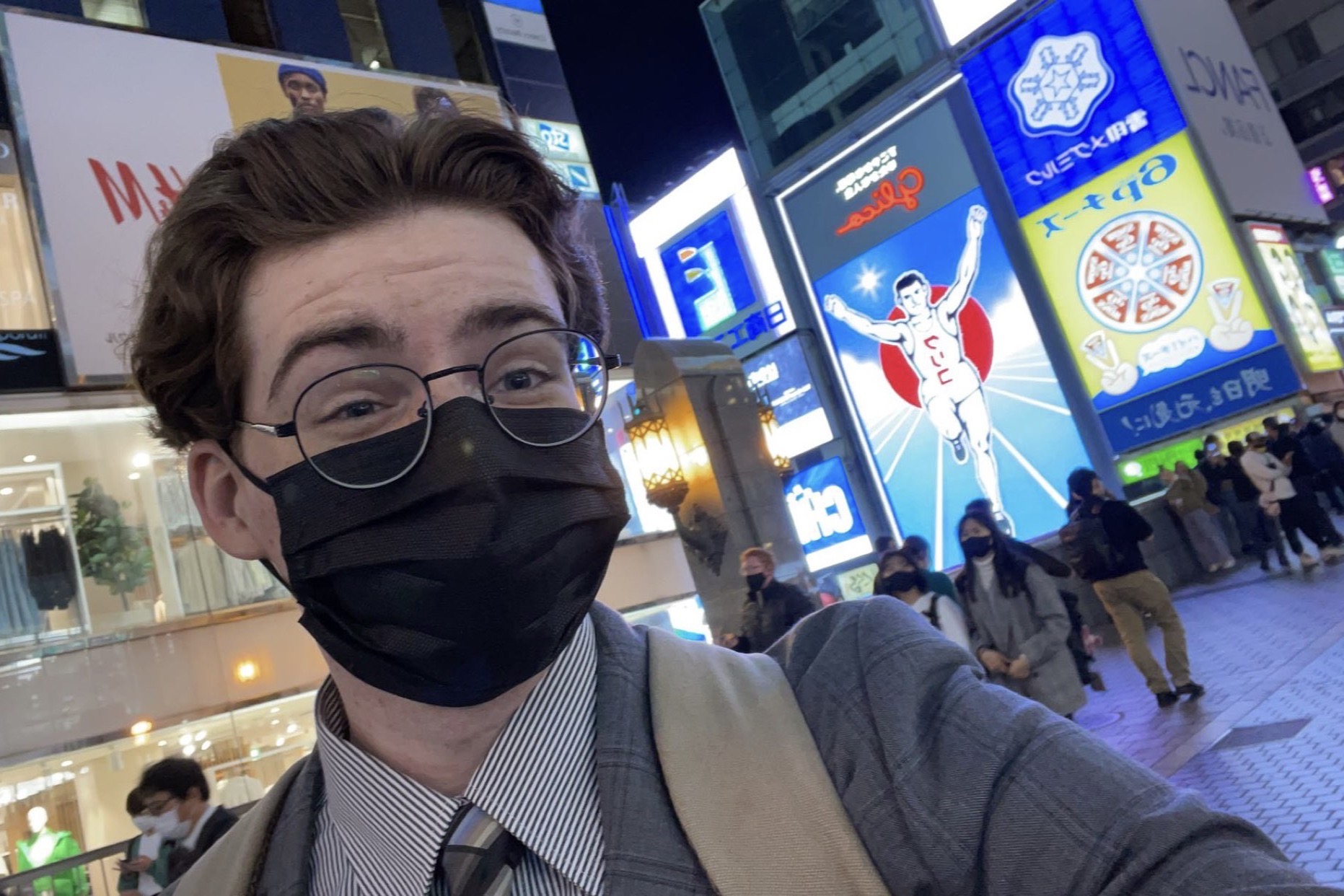After he was offered a new job, River Hodge moved to Japan from the US shortly after the COVID-19 pandemic.
Having only worked in Japan for a few months, Hodge posted a TikTok, telling his followers that he had signed a contract with a corrupt company – known as a “black company” in Japan.
Hodge said that he was forced to resign from his post at the end of the month and told that he would not receive his final wages.
Hodge has since spoken to International Business Times UK about his experience as an expat worker in Japan, the working conditions he was forced to endure and how his bosses forced him to resign.
What is your job title?
River Hodge: “I am an English teacher that has previously worked at ‘Eikaiwa’ which are ‘English teaching companies’ – these are different than teachers at local schools that assist the Japanese-English teacher.”
When did you arrive in Japan?
River Hodge: “To start off, I came to Japan after waiting almost two years for the country to open the border due to corona.”
“Japan was one of the few countries that did not let in anyone that wasn’t Japanese, even college students, parents of half-Japanese people, and people like me who had already signed contracts to work in Japan.”
“I had started a GoFundMe page that would help me come to Japan because Airlines were not refunding tickets – due to the ever-changing border control rules of Japan.”
What is Japanese working culture like?
River Hodge: “After finally coming to Japan with the company I had previously signed a contract with, I was put into a very overworked position in Sendai, Japan. From there, I was constantly working 12-hour days and the company’s practices are stuff found in “黒会社” or (kurokaisha) meaning “black company”.”
“These companies are famous in Japan for taking advantage of workers and profiting off of back-handed under-the-rug and abusive practices. While at this company I had a seizure that resulted in me being hospitalised for about a day. The hospital stated that I was malnourished and overworked, thankfully there was no lasting damage to my brain.”
“My job told me that it wasn’t a good enough reason to miss work, so I was forced to continue working the day after coming home from the hospital.”
“The same week I gave my resignation to that company, I was told by company management that I was breaking my contract illegally because I did not notify them 6 months in advance. It was crazy because the legal right of foreign workers in Japan is to give at minimum a two-week notice.”
How did you respond to being told to resign?
River Hodge: “That video was made back in January when I was told by my managers to provide a resignation letter stating my final day of employment. As of right now, I rejected them telling me to resign because they are pushing me without outright firing me, which is a very common business practice in Japan.”
River Hodge
Have you found new employment? If so, have you been met with the same working conditions?
River Hodge: “After moving down to Mie, Japan, I thought I had finally found a good job. However, this one also has some issues with how they treat workers and I’ve had a difficult time with them – regarding my appearance and hair.”
“On multiple occasions, I have been told my brown curly hair is “inappropriate” for students and that it’s “distracting for parents” – even though there are multiple other foreigners that work at this company.”
“I was demoted from a full-time position to part-time, even though I am still working all the same hours with less pay. They told me that if I can “improve my appearance and attitude”, then I can have a chance to go back to full-time pay. But on the other hand, they also told me to give my resignation.”
Will you be making any more TikToks to update your followers on your next business endeavours?
River Hodge: “Going forward, my partner and I are looking to move to a new part of Japan because I got accepted into a new position. I was hoping to update more people on TikTok, but as you can tell, it’s going to be a journey.”




![German director questions Salman Khan’s professionalism for…; netizens react, ‘He doesn’t have…’ [watch] German director questions Salman Khan’s professionalism for…; netizens react, ‘He doesn’t have…’ [watch]](https://st1.bollywoodlife.com/wp-content/uploads/2025/02/salmankhan-1.jpg)


